Codex Seraphinianus is an experience. It's the picture book that the inner-child of your imagination has been dreaming of. It is, in essence (if you can even adequately capture the essence of this book), an encyclopedia of a fantastic and imaginary world, a world where trees uproot themselves and swim away in vast numbers, where deer heads are grown in plant pots, where grass grows out of the palms of men's hands. It's where your wildest dreams, nightmares and/or hallucinations have gone to die. And if all the psychotic imagery wasn't difficult enough to get your head around, it isn't even written in a real language. In fact, it's written in a language that has yet to be deciphered by anybody; it's generally accepted that the language of Codex Seraphinianus is entirely meaningless, and will never be understood.
If you are already familiar with The Voynich Manuscript, the Codex Seraphinianus may seem like nothing more than a desperate attempt at becoming "the world's second most mysterious manuscript", but it is certainly worth your attention nonetheless. The script, though not as beautiful in my opinion as that of the Voynich Manuscript, has a fascinating design that will enthrall linguists and conlangers alike. The Codex Seraphinianus is inspiring, absurd, beautiful, mysterious and grotesque.
If you like fantasy and surrealism, this book will leave your brain tingling, like the first surreal cartoon you ever witnessed as a child (Stoppit and Tidyup, anyone?) . I guarantee that your dreams will be plagued by walking Easter eggs and men with evergreen forests growing out of their heads for months to come.
This book will serve as a fountain of inspiration for the poor souls suffering from writer's/musician's/illustrator's/anything's block. Whether or not this is "your sort of thing" you would be almost madder than the book itself not to 'read' it.
If you like fantasy and surrealism, this book will leave your brain tingling, like the first surreal cartoon you ever witnessed as a child (Stoppit and Tidyup, anyone?) . I guarantee that your dreams will be plagued by walking Easter eggs and men with evergreen forests growing out of their heads for months to come.
This book will serve as a fountain of inspiration for the poor souls suffering from writer's/musician's/illustrator's/anything's block. Whether or not this is "your sort of thing" you would be almost madder than the book itself not to 'read' it.
I have recommended this book to so many people, and I will continue to recommend it. There is so much more that I could say about this book, but it really is simply one that you have to read yourself. It is, unfortunately, ridiculously expensive, but like all things you will be able to find a sneaky pdf version of it online somewhere. It is an absolute treasure and it has stayed with me from the day I first saw its cover image - a couple who slowly transform into a crocodile (slightly NSFW, maybe):
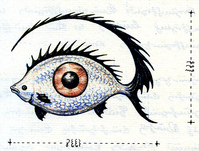
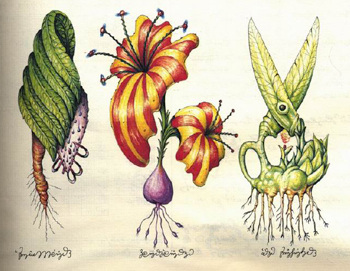
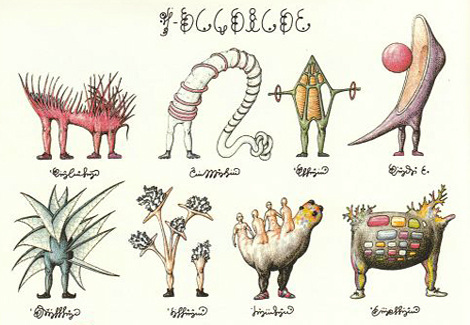

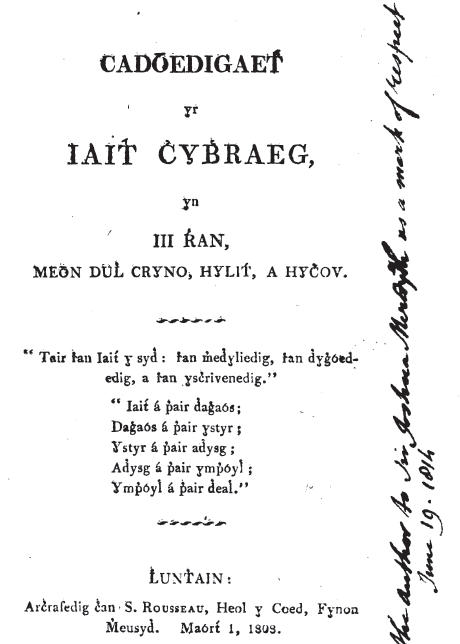
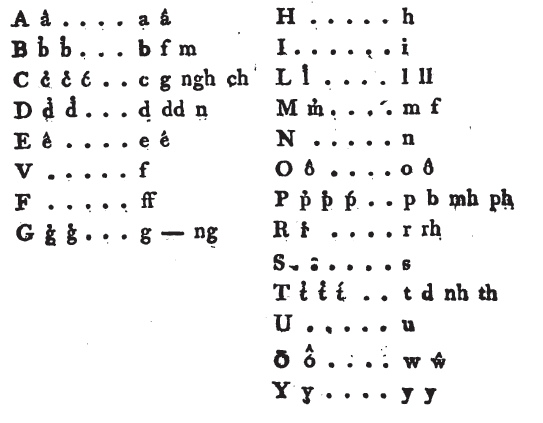

 RSS Feed
RSS Feed